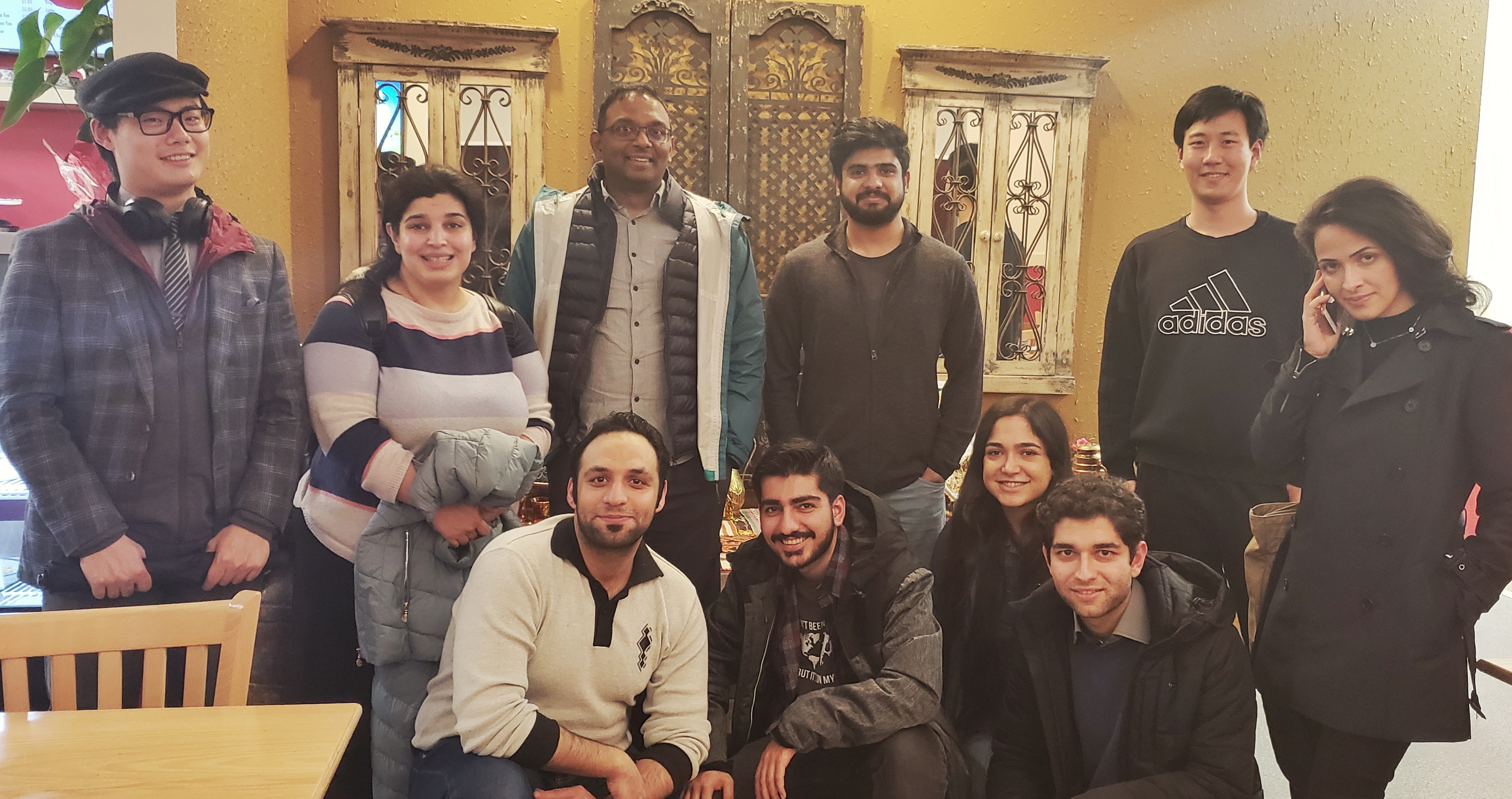
At this week’s lab meeting, Nishant will present a brief review tracking the current state of multilingual machine translation:
Abstract: Multilingual Neural Machine Translation has been useful in improving translation quality as a result of inherent transfer learning. It is promising and interesting because end-to-end modeling and distributed representations over several languages at once open new avenues for research on machine translation. We first categorize various approaches based on their central use-case and then further categorize them based on resource scenarios, underlying modeling principles, core-issues and challenges. Wherever possible we address the strengths and weaknesses of several techniques by comparing them with each other.
Wednesday, 9 Aug at 12pm
This will be a hybrid meeting at TASC1 9408. The zoom link will be posted on zulip.
At this week’s lab meeting, Jetic will discuss the following work from ACL ‘23: https://aclanthology.org/2023.acl-long.285.pdf
Abstract: Recent advancements in pre-trained language models (PLMs) have demonstrated that these models possess some degree of syntactic aware- ness. To leverage this knowledge, we propose a novel chart-based method for extracting parse trees from masked language models (LMs) without the need to train separate parsers. Our method computes a score for each span based on the distortion of contextual representations resulting from linguistic perturbations. We de- sign a set of perturbations motivated by the linguistic concept of constituency tests, and use these to score each span by aggregating the dis- tortion scores. To produce a parse tree, we use chart parsing to find the tree with the minimum score. Our method consistently outperforms previous state-of-the-art methods on English with masked LMs, and also demonstrates su- perior performance in a multilingual setting, outperforming the state of the art in 6 out of 8 languages. Notably, although our method does not involve parameter updates or extensive hy- perparameter search, its performance can even surpass some unsupervised parsing methods that require fine-tuning. Our analysis highlights that the distortion of contextual representation resulting from syntactic perturbation can serve as an effective indicator of constituency across languages.
Wednesday, 2 Aug at 12pm
This will be a hybrid meeting at TASC1 9408. The zoom link will be posted on zulip.
At this week’s lab meeting, Logan will discuss recent work from ACL that addresses cross-lingual alignment in the representation spaces of multilingual models. Time permitting we will go over some or all of the following:
Wednesday, 26 July at 12pm
This will be a hybrid meeting at TASC1 9408. The zoom link will be posted on zulip.
At this week’s lab meeting, Hassan will discuss his work on entity linking that was recently submitted to EMNLP:
Entity linking aims to create structured data by connecting text spans to an ontology or knowledge source. In this study, we revisit framing entity linking as token classification, where each input token is classified as an entity and predictions are aggregated. We propose novel ideas, including a context-sensitive prediction aggregation strategy, reducing the model’s output vocabulary, and addressing training and inference tokenization mismatch. Our state-of-the-art approach surpasses existing methods in accuracy, computational efficiency, and inference speed, as demonstrated through experiments on the widely used AIDA benchmark dataset for entity linking to Wikipedia.
Wednesday, 5 July at 12pm
This will be a hybrid meeting at TASC1 9408. The zoom link will be posted on zulip.
At this week’s lab meeting, Aditi will discuss the following papers on Simultaneous MT:
Wednesday, 28 Jun at 12pm
This will be a hybrid meeting at TASC1 9408. The zoom link will be posted on zulip.